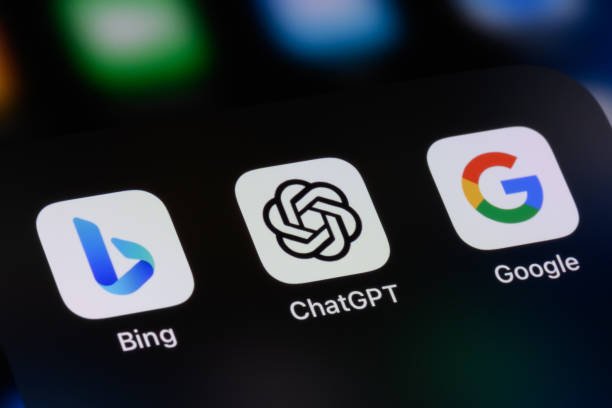ChatGPT’s latest update, powered by its 4o model, has introduced an advanced image generator that significantly improves text rendering within images. While this breakthrough has sparked excitement, it has also raised concerns over potential misuse—particularly in generating fake receipts.
Social media has already seen users testing the tool for deceptive purposes. Venture capitalist Deedy Das posted a fabricated receipt from a well-known San Francisco steakhouse on X, claiming it was created using ChatGPT’s new model.
You can use 4o to generate fake receipts.
There are too many real world verification flows that rely on “real images” as proof. That era is over. pic.twitter.com/9FORS1PWsb
— Deedy (@deedydas) March 29, 2025
Other users replicated similar results, even adding realistic stains for authenticity.
I think in the original image the letters are too perfect and they don’t bend with the paper. They look like hovering above the paper. Here is my attempt to make it more realistic. Let me know what you think. pic.twitter.com/EixRSHubeY
— Michael Gofman (@michaelgofman) March 29, 2025
A particularly convincing example emerged from France, where a LinkedIn user showcased an AI-generated crumpled receipt for a popular restaurant chain.

Business Headline also tested the tool and successfully generated a fake Applebee’s receipt, though some inconsistencies—like incorrect punctuation and flawed calculations—exposed its artificial nature.
Despite these minor errors, fraudsters could easily refine the receipts using editing software or more precise prompts. The ability to quickly create convincing fake receipts raises ethical concerns, as it could be exploited for fraudulent expense claims and reimbursement scams.
OpenAI spokesperson Taya Christianson addressed these concerns, stating that all AI-generated images contain metadata indicating their origin. OpenAI also actively enforces its usage policies and takes action against policy violations. When questioned about the tool’s potential misuse, Christianson emphasized that OpenAI aims to provide creative freedom while ensuring responsible AI use.
While the company suggests that fake receipts could have legitimate applications—such as financial literacy education or advertising—concerns about their fraudulent potential remain. As AI tools become more sophisticated, balancing innovation with ethical responsibility will be a growing challenge for AI developers and regulators alike.






